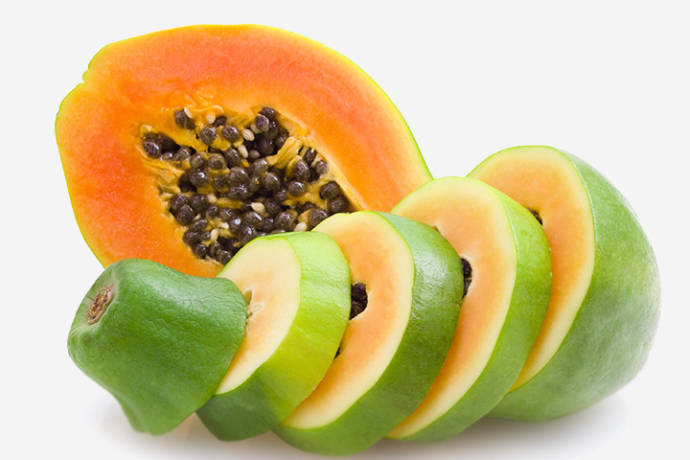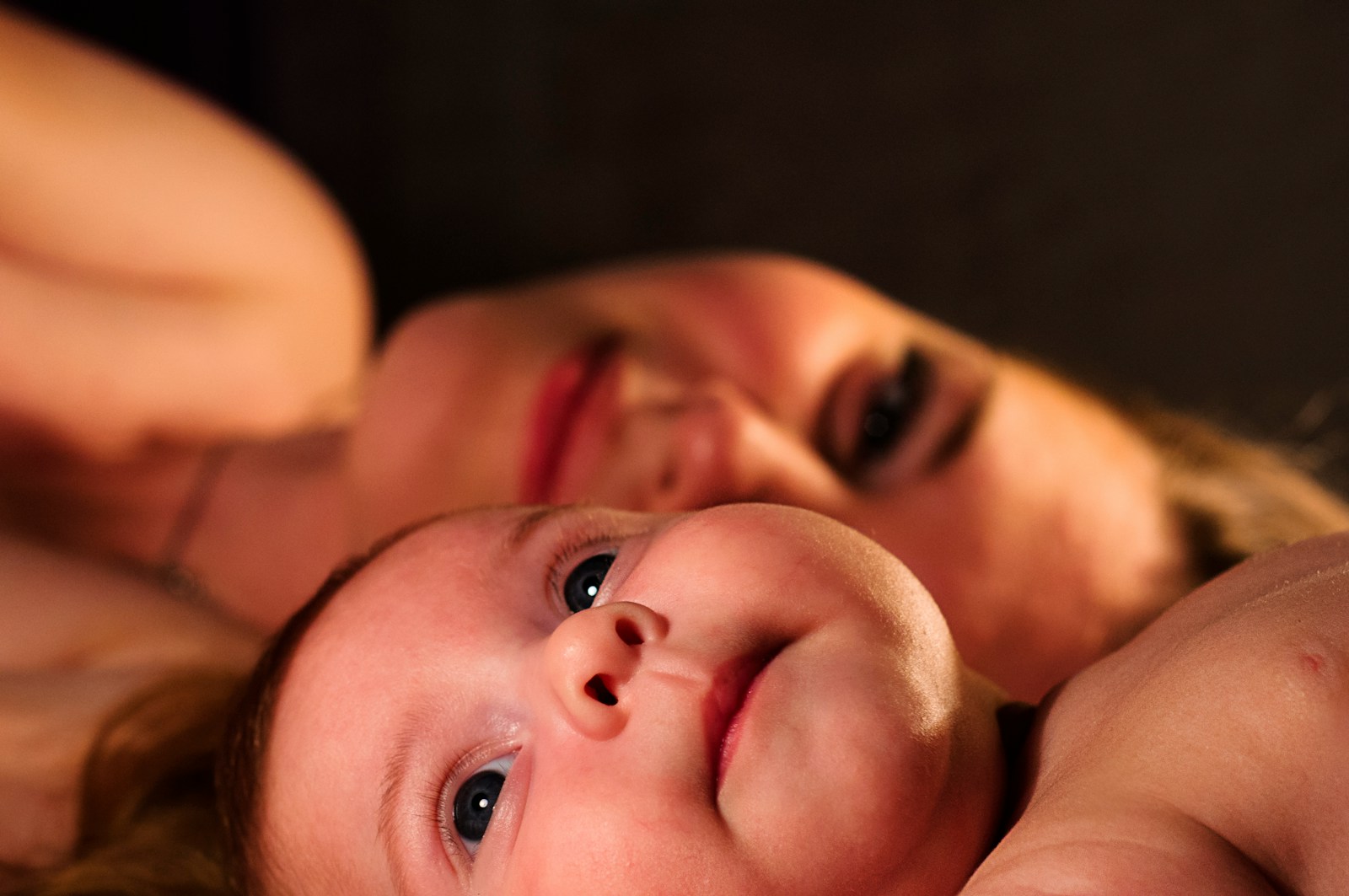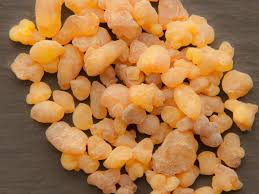Pregnancy is the period that is full of excitement as well as it is the delicate period of your life. You need to be more careful and aware of do’s and don’t while you are pregnant. The healthy diet is the step to be aware of your pregnancy in which health vegetables and fruit also include. Papaya is one of the fruits that usually confuses the pregnant women whether they should eat papaya or not during pregnancy.
Papaya is rich in several healthy properties such as potassium, beta-carotene, and vitamin A, B, and C. Papaya is a healthy fruit that helps you to keep your eyesight healthy as well as it keeps your skin healthy. Papaya has several health benefits but it is not recommended while you are pregnant. There is always a question mark on pregnancy with papaya. It matters which papaya you are eating during pregnancy if it is ripe can be considered in moderate quantity but unripe papaya is strictly forbidden while you are pregnant
Should you eat papaya during pregnancy?
Papaya is rich in several properties that are beneficial during pregnancy if you take in moderate quantity. Make sure you are eating only ripe papaya because unripe papaya is quite harmful and complications promoter during pregnancy. Unripe papaya contains oedema that causes bleeding. Therefore, unripe papaya is forbidden to eat in early pregnancy to prevent miscarriage. Papaya has other additional substances pepsin and papain that create the hurdles in your baby’s growth. Scientific research says papaya also promotes the risk of embryotoxicity.
According to the Asian countries papaya used to be preferred for abortion in past era. The women who are pregnant OR trying to get pregnant are suggested not to intake papaya.
Papaya in third 3 months during pregnancy
Papaya has the properties that are known as hormone activator, oxytocin and prostaglandin are the hormones that promote the labor contractions. If there is need to initiate the labor then papaya is given to the pregnant women. These reasons never allow papaya to be recommended during pregnancy.
There are many women who do not prefer papaya in their diet while they are pregnant to prevent the risk of hemorrhaging and bleeding from the edge of the placenta that is caused by intake of unripe papaya OR the dish that include papaya. During pregnancy, you need to be more careful to your lifestyle because your baby is completely depending on nutrient provided by you.
Avoid intake papaya juice during pregnancy
You need to say NO to papaya juice while you are pregnant especially packed preservative juice that is made from the concentrate of papaya as they may contain higher latex OR papain that are harmful to your baby and can lead to the several complications. If you look for homemade papaya juice can be taken in a very less quantity OR avoid it also to prevent risks.
Are there any benefits of eating ripe papaya?
Eating papaya during pregnancy is a debate topic as it has several questions and the answers to these questions are very simple. Yes, there benefits of eating papaya during pregnancy if intake in moderate quantity. There are good benefits can be experienced by eating ripe papaya.
Papaya plays a good role to make you overcome morning sickness. The fibers that are present in papaya help you to deal with digestive issues during pregnancy. Ripe papaya offers you potassium and vitamin A, B, C that helps your baby to grow as well as it helps you to have a healthy heart.
Eating raw papaya promotes the risks during pregnancy
Pregnancy is the delicate period that you go through and you need to be more careful and aware while you are pregnant. Whatever you eat your baby gets the same and eating raw papaya can be the worse for your baby.
- Unripe papaya has the concentration of hazardous enzyme that can lead to bleeding even miscarriage.
- Do not eat raw papaya OR the leaves OR the seeds of papaya that cause harm to your baby.
- Avoid papaya if you have gone through the difficult history of conceiving OR miscarriage. Raw papaya ruins the development of the baby.
- Do not purchase the papaya if you find black spots on them.





